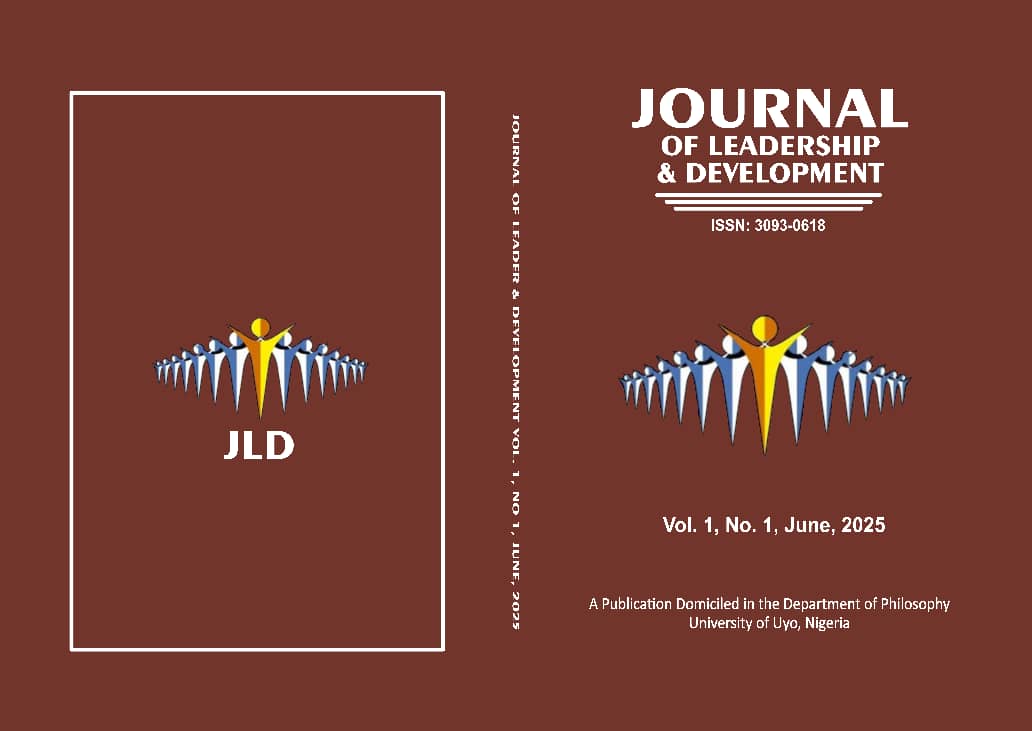THE ROLE OF COMMUNITY ACTION RECOVERY AND ECONOMIC STIMULUS (KG CARES) PROGRAMME TO LOCAL MARKETS AND DISTRIBUTION NETWORKS IN KOGI STATE
Osebi Sophia Balogun 1
Abdullahi Mohammed Yamma 2
Mohammed Bello Baban’Umma3
Department of Political Science, Federal University Lokoja, Kogi State, Nigeria 1
Department of Political Science, Nasarawa State University, Keffi, Nigeria 2 & 3
Corresponding Email: osebi.balogun@fulokoja.edu.ng 1
Abstract
Food is paramount for the continual survival of the living. This is why countries around the globe formulate short-term and long-term policies and strategies to ensure their citizens are food-secured. Nigeria is one of such countries that battles food insecurity which is felt in every region within the nation. Kogi state, which is part of the country’s north-central region, is not spared. Despite policies initiated by past state government administrations, the menace of inadequate food remains. The introduction of the Kogi Community Action Resilience and Economic Stimulus (KG CARES) programme by the immediate past administration of the state was to help reduce the state’s hunger level. The policy’s main objective is to expand access to livelihood support and food security services. The study examines role the programme, KG CARES contributed to ensuring food security by improving the abilities of local markets and distribution networks. The study adopts the Social Exchange theory which assists research in understanding the cost-benefit relationship between partners that shape decision-making processes and resource allocation for promoting food security. Data was collected through questionnaires (the distribution of 400 questionnaires to randomly selected poor households from six local government areas) as primary sources and secondary sources (books, journal articles, and internet information), focusing on household food security and market access in Kogi state. The findings reveal that while the policy, KG CARES, provided temporary relief, challenges remain in enhancing food security due to disruptions in food supply chains and limited access to essential resources. The study recommends that the Kogi State government make targeted policies to strengthen local food systems, and enhance the lives of vulnerable livelihoods, local farmers, and food producers.
Keywords: Food Security, KG CARES, Local Markets, Distribution Network, Vulnerable Households.


